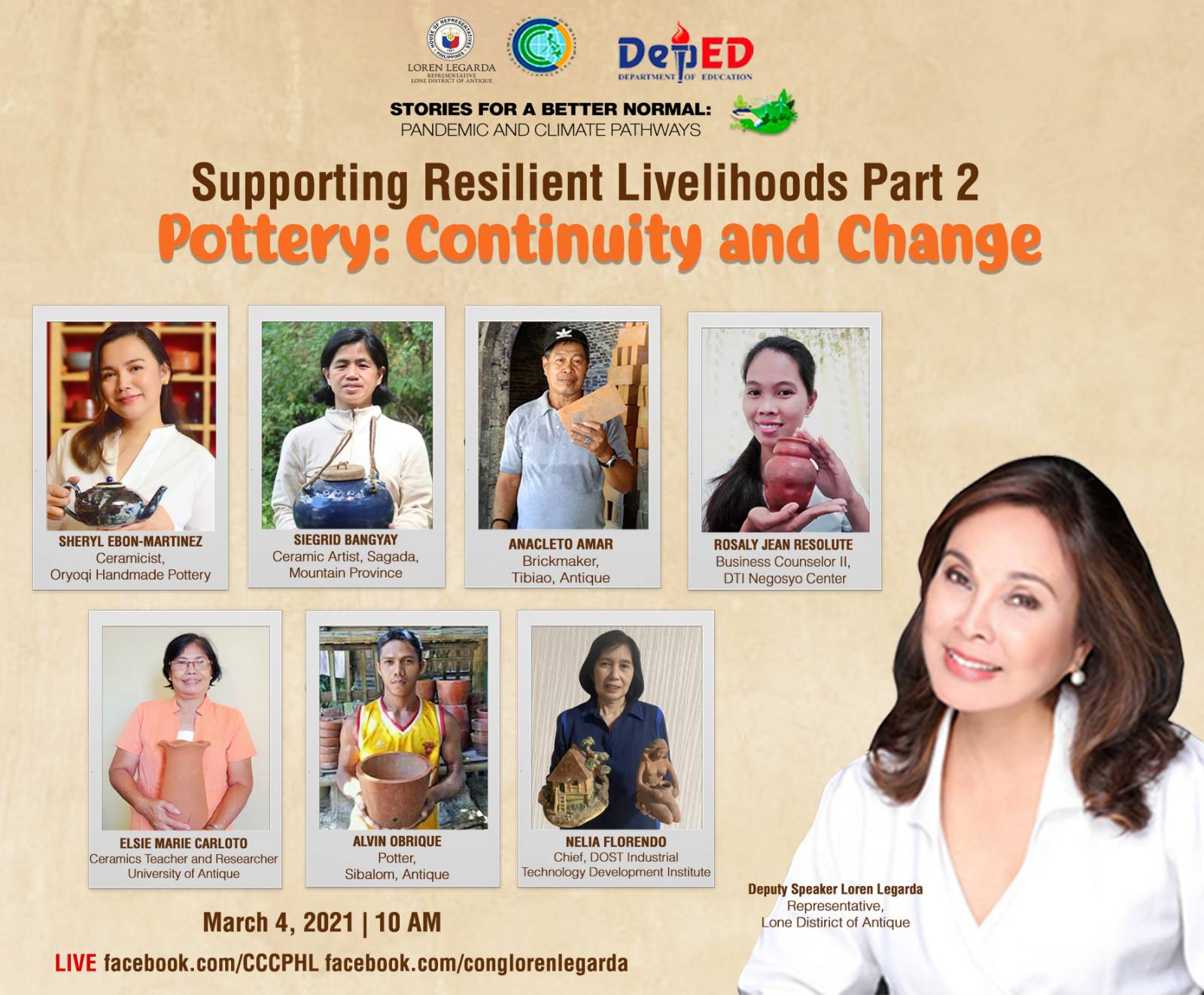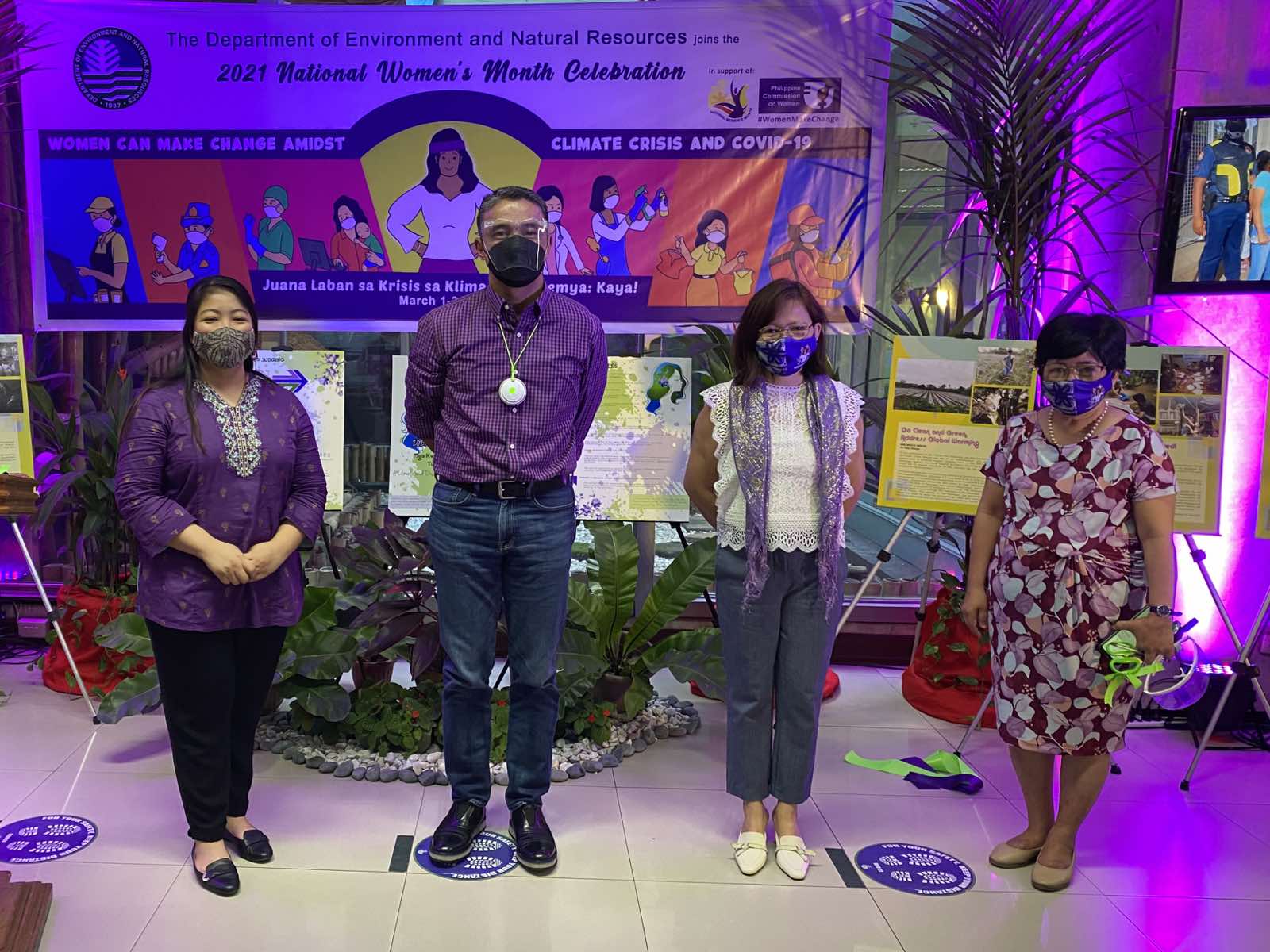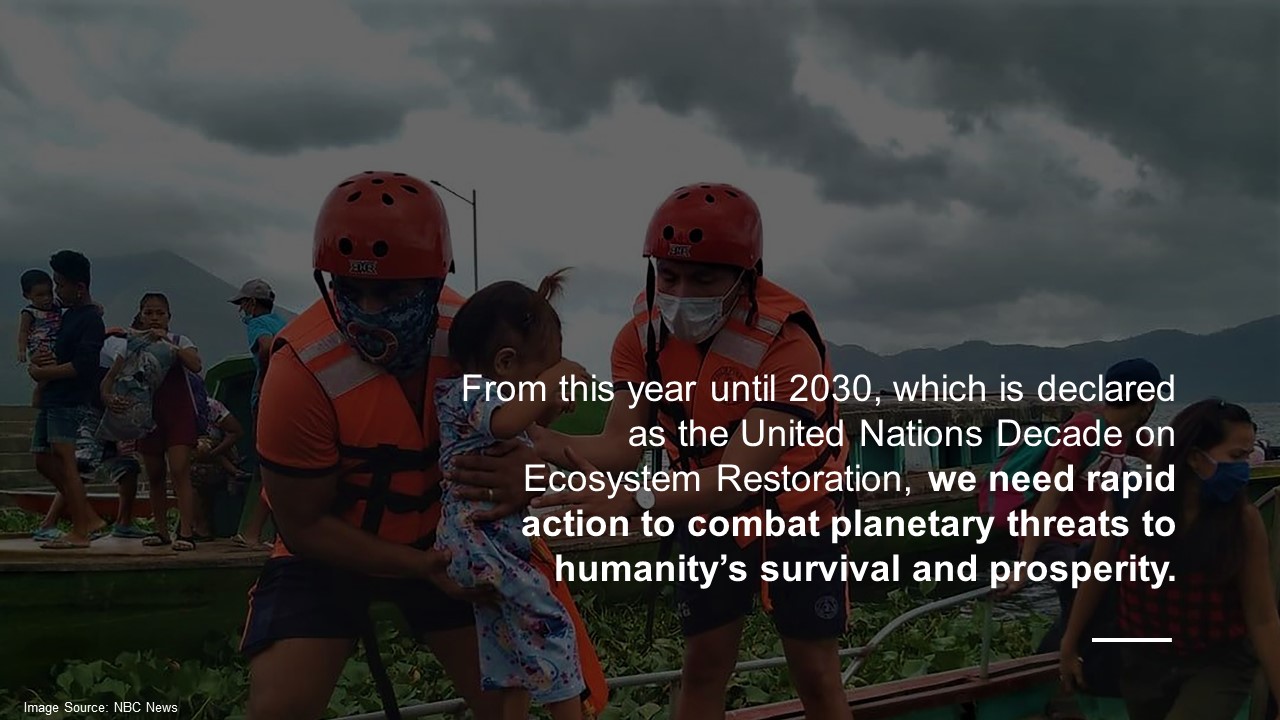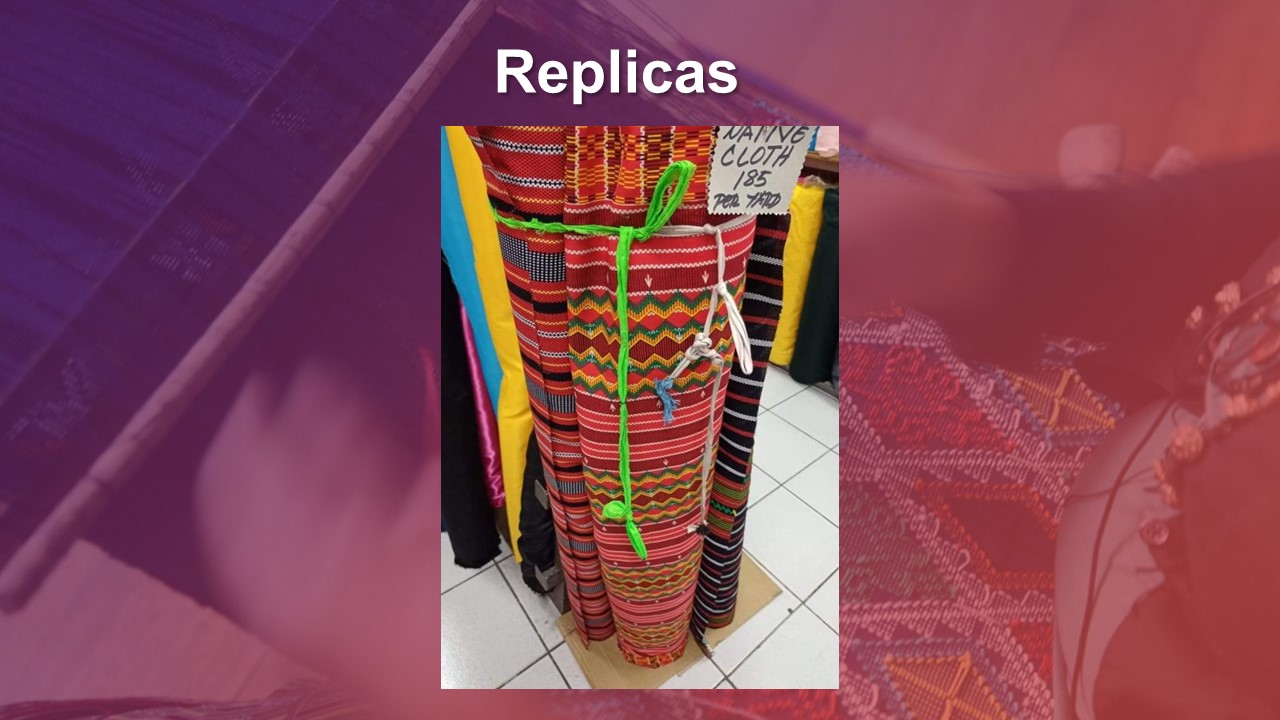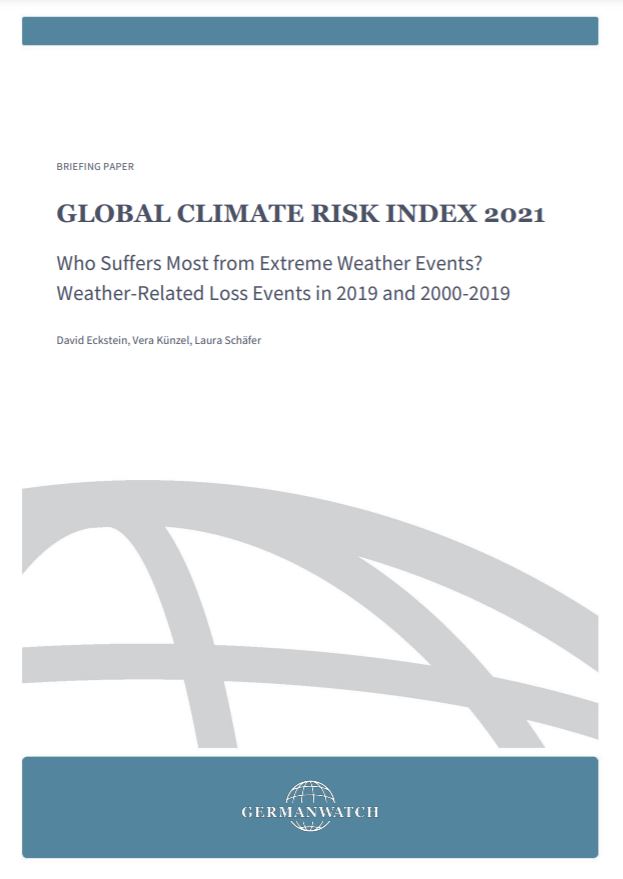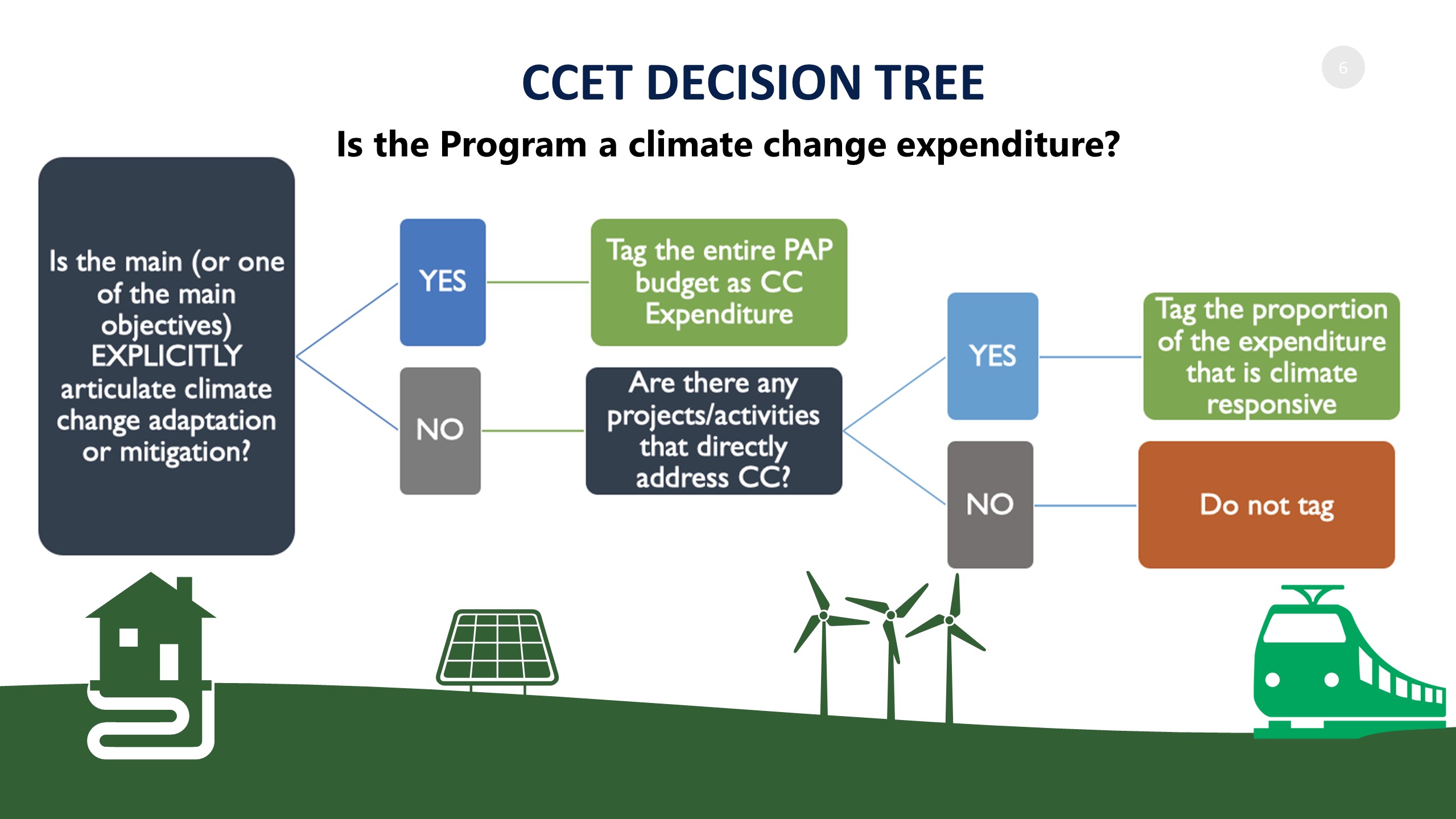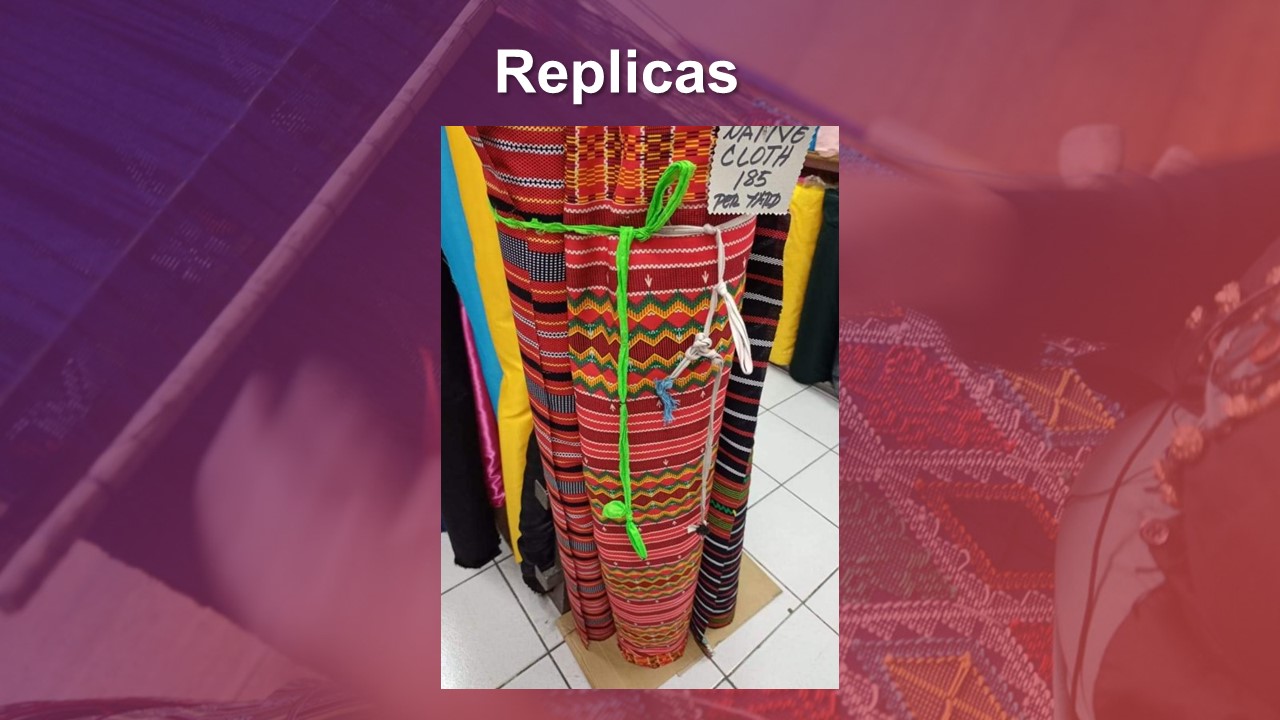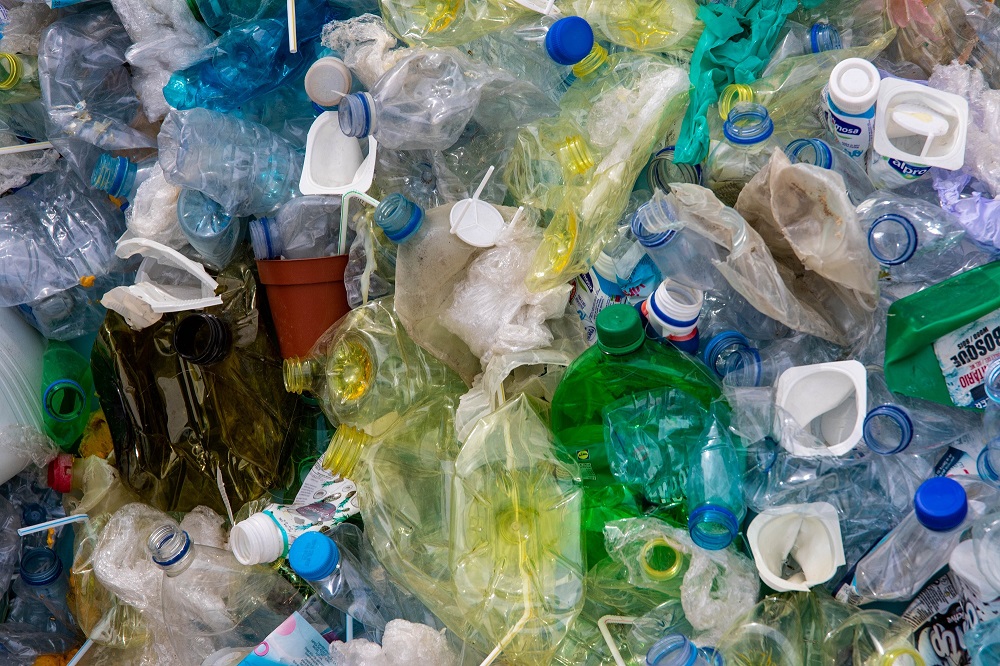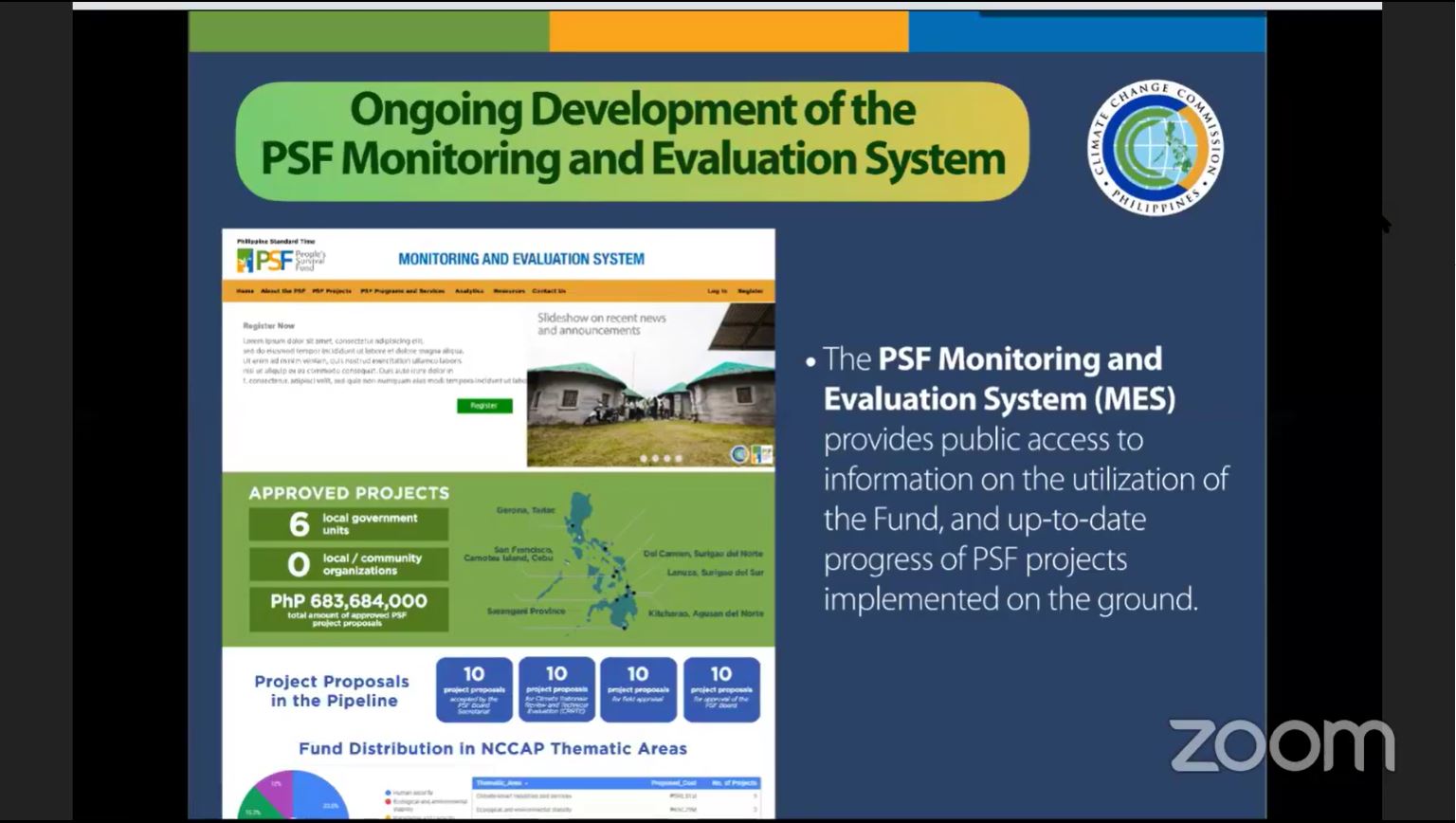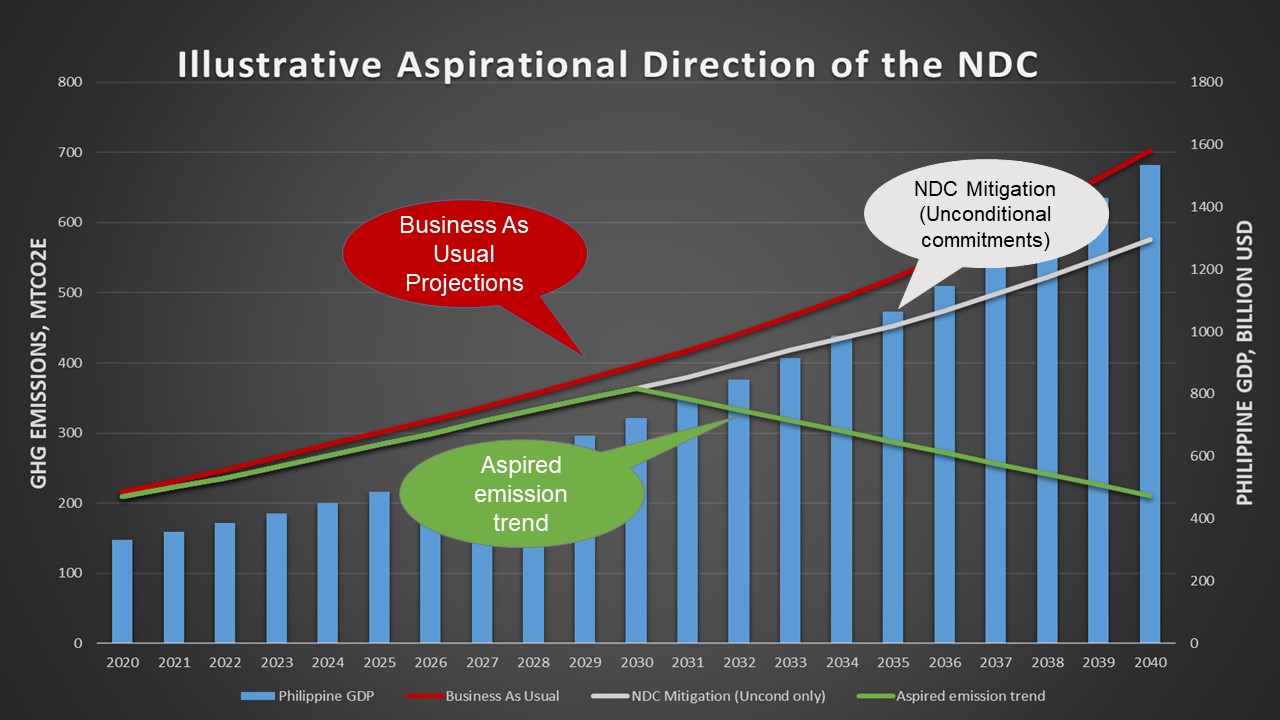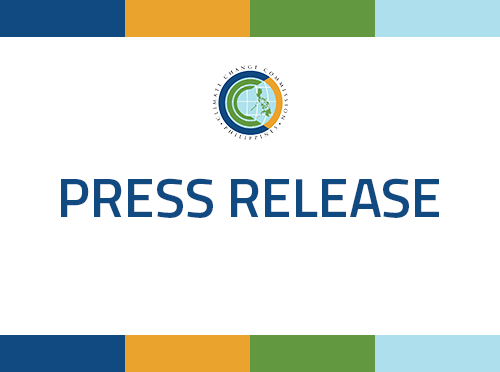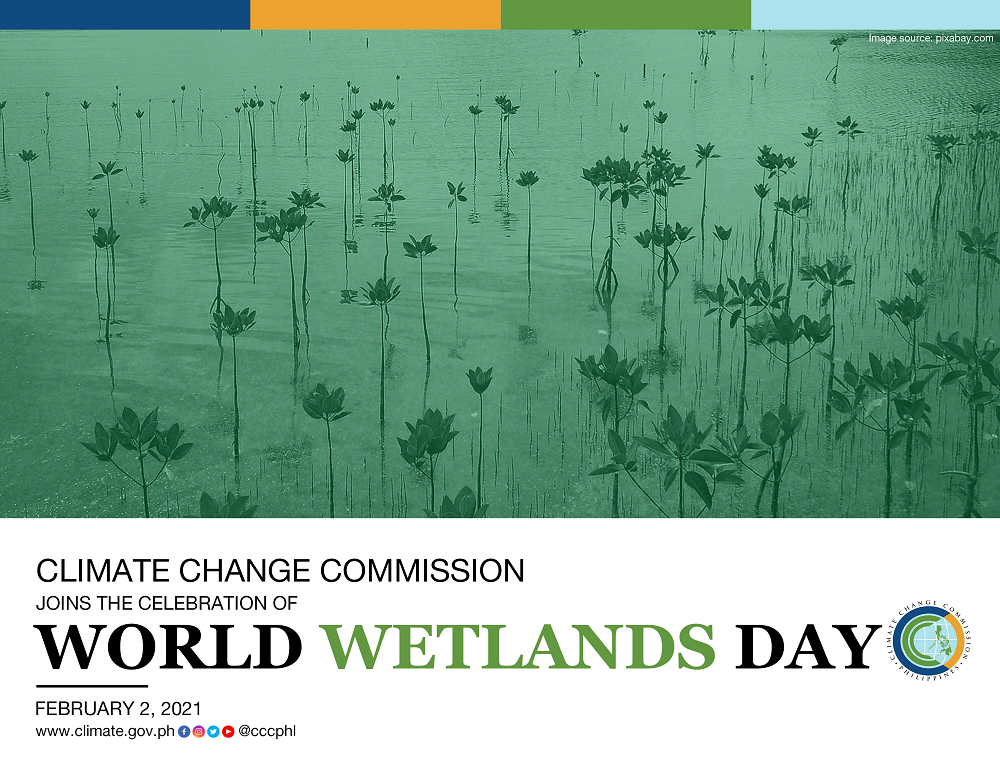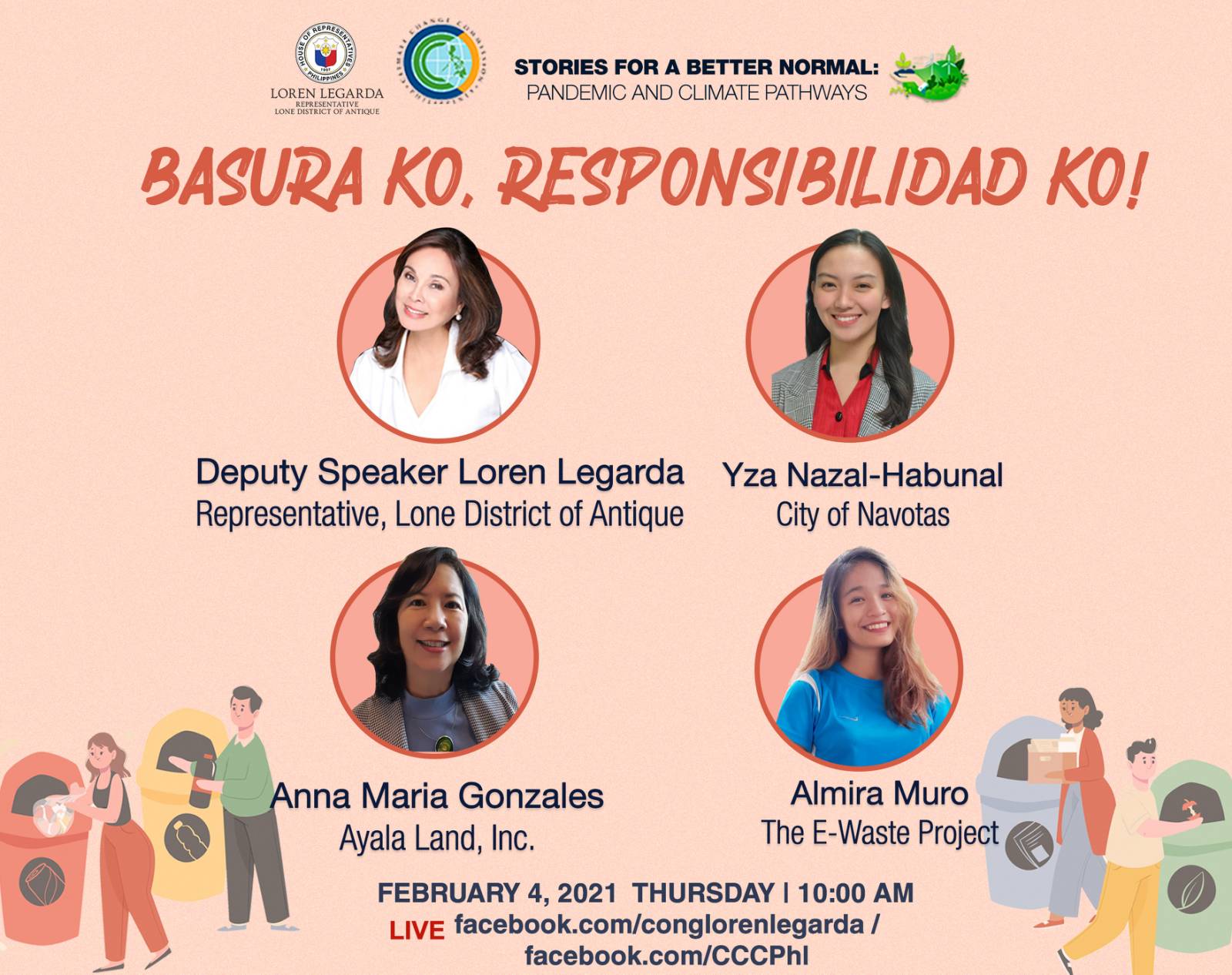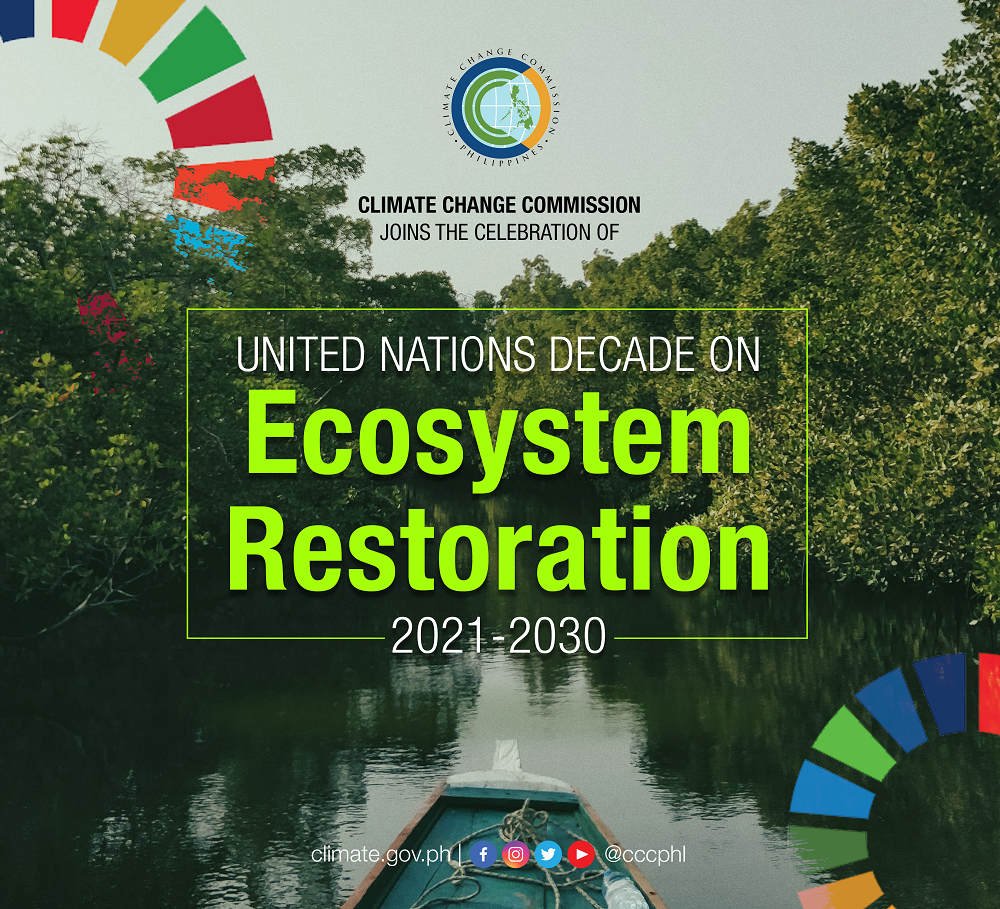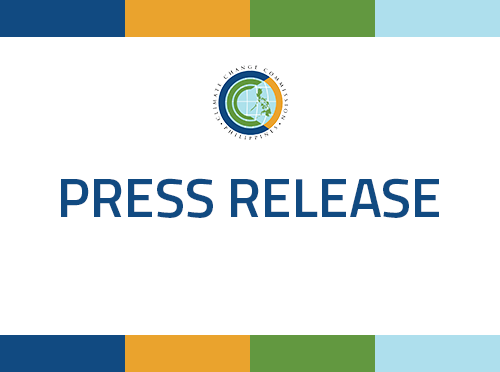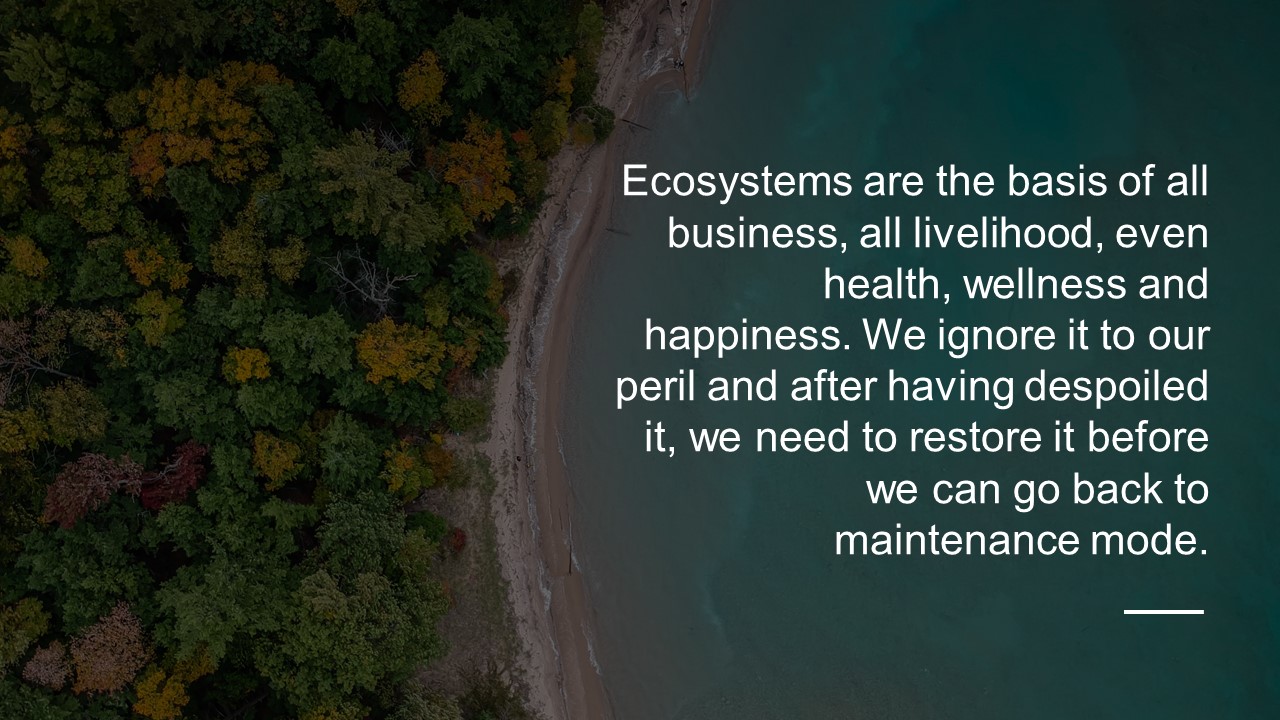Cohort of climate defenders during a meeting convened by the British Embassy in Manila in preparation for the 26th United Nations Climate Change Conference. Photo released by British Embassy Manila.
MANILA, 26 February 2021 — Some of the country’s top ‘Climate Defenders’ attended recently a meeting convened by the British Embassy in Manila in preparation for the 26th United Nations Climate Change Conference or COP26 in November this year.
Among those at the meeting hosted by British Ambassador Daniel Pruce were three-term Senator and now Deputy Speaker Loren Legarda, Bangko Sentral ng Pilipinas Governor Benjamin Diokno represented by Managing Director Lyn Javier, ASEAN Centre for Biodiversity Executive Director Theresa Mundita Lim, Oscar M. Lopez Center Executive Director and leading climate scientist Dr. Rodel Lasco, DREAM founder and renewable energy policy expert Atty. Jay Layug, and journalist and youth leader Atom Araullo.
During the meeting, Legarda outlined the interventions needed in the Philippines’ climate movement.
“As our greenhouse gas emissions are likely to rise without interventions, we will pursue our goal to steer our critical sectors towards green growth and resilience,” Legarda said.
“We will continue to identify, fund, and implement our country’s adaptation priorities,” she said. But Legarda also stressed the need for continued initiatives to mainstream science in policy, and for more urgent collective action across all sectors.
“We need to make climate science and research work for us, to make them more understandable, relatable, and actionable especially for our local governments and communities,” Legarda pointed out.
Ambassador Pruce cited the breadth of issues to be discussed at the climate conference, most importantly on decarbonization and clean energy, green finance, nature-based solutions, and the need to ensure broader participation where every citizen can be engaged. He stressed the important role of the Climate Defenders or tagapagtanggol as local thought leaders, voices, and faces that attest to the urgency of climate change and call for mobilization of bold and meaningful actions.
Dr. Lim called for more investments on natural solutions to climate impacts as a path to building resilient communities.
“The inextricable connection among nature, human health, and economic development is no longer a question. It needs to be at the center of our development processes – from addressing health and climate crisis, to establishing recovery paths and building resilience for the future. Since climate change and pandemics affect everyone in the globe, our actions must also cut across disciplines and sectors,” Lim said.
Dr. Lasco, a member of the Intergovernmental Panel on Climate Change, pointed out that “climate change action is for us, our children, and our future generation. The challenge is to act now.”
For Araullo, who has presented award-winning documentaries from climate-related disasters, the youth must be given space to engage, so that their energy and passion can fuel climate actions as they have the most at stake in the climate crisis.
Legarda also reiterated the importance of the upcoming conference, and expressed hope that the UK’s leadership can amplify developing countries’ initiatives in pursuit of climate justice, which she also mentioned in a recent meeting with MP Anne-Marie Trevelyan, Minister for Business, Energy and Clean Growth and UK’s Adaptation and Resilience Champion.
“COP26 will be a defining moment for the global community as it marks the start of the full implementation of the Paris Agreement to keep us on track on the 1.5ºC climate pathway before we miss to achieve this goal at the end of this decade. A number of climate change impacts could still be avoided by limiting global warming to 1.5ºC compared to 2ºC above pre-industrial levels by 2100. But if we do business-as-usual, warming is projected to reach 3ºC to 4ºC, which will mean massive coral bleaching, rising sea levels, and more intense typhoons,” she stressed.
“The UK COP Presidency must be able to amplify and support the agenda of vulnerable developing nations, such as addressing loss and damage and accelerating finance flows, technology transfer, and capacity development—all in the name of climate justice,” Legarda noted.
“We need convergence from all of us, from all sectors and stakeholders. We need to be constantly finding new solutions and approaches. We need to empower our youth by providing them space to decide and take meaningful action,” she added.
“And we need a greater sense of urgency because time is running out. The pandemic has already caused a significant delay to our climate movement, and we cannot afford to lose any more time,” she emphasized.
Legarda similarly pressed for urgent climate action during the Climate Adaptation Summit last month, where she emphasized the importance of accelerating efforts and investments in adaptation in promoting sustainable recovery from the pandemic.
“We need to make up for delays and lost time on our global pace on climate action due to COVID-19 and actually recognize the opportunity of pursuing climate resilience, as we promote a sustainable pandemic recovery,” said Legarda, who was a resource speaker for the summit organized by the Global Commission on Adaptation.
Legarda is also one of the over 30 Commissioners across 20 convening countries of the Commission, which aims to inspire heads of state, government officials, community leaders, business executives, investors, and other international actors to prepare for and respond to the disruptive effects of climate change.
“Economic disruptions and public health emergencies will happen again if we don’t consider and address the climate crisis as a much bigger threat than COVID-19,” she warned.
According to Legarda, this becomes even more urgent because of the looming 2030 deadline, which “scientists have declared as the closing of the window of opportunity to deflect the catastrophic effects of climate change.”
“When we say adaptation, we know that it’s really a matter of life and death. It means being able to protect our people and their means to live and prosper, and to transform our societies so they are better equipped to deal with the increasing risks and challenges from climate change,” she explained.
Citing a report from the Commission, Legarda warned that without adaptation, “500 million small farms around the world will be most affected by decreased yields, 3.6 to more than 5 billion people may lack sufficient water, hundreds of million people could be displaced, and more than 100 million people in developing countries could be pushed below the poverty line.”
“We need to continue rallying behind the science and amplify the voices of our youth and the vulnerable. We need to continue engaging governments, the private sector, and the civil society and to actually work together on how we could further adapt our world within this crucial decade and beyond,” Legarda concluded.
February 25, 2021 Thursday

